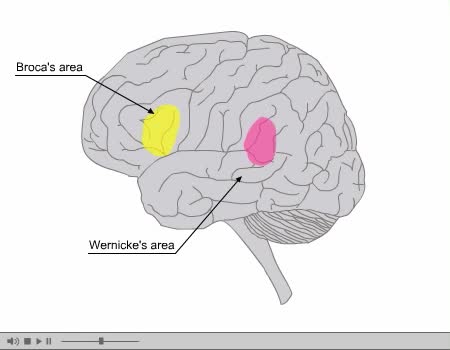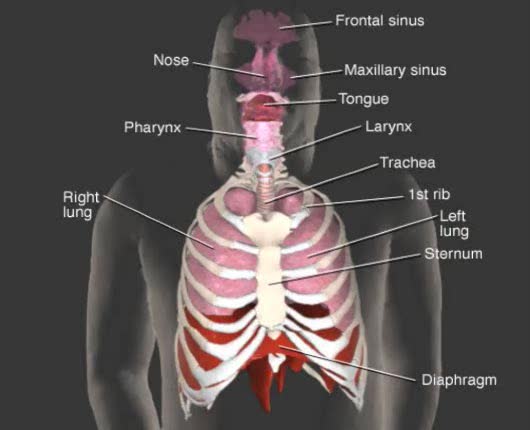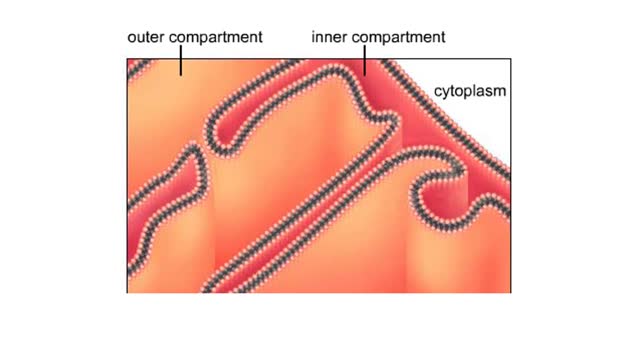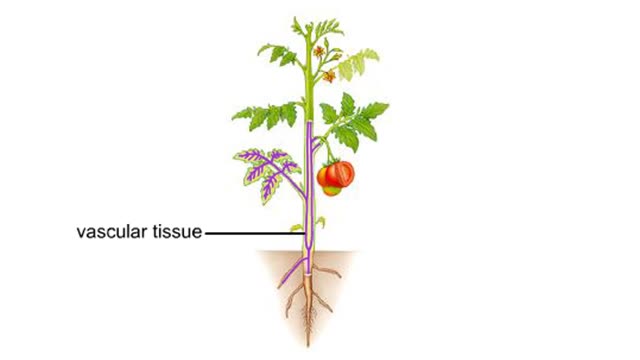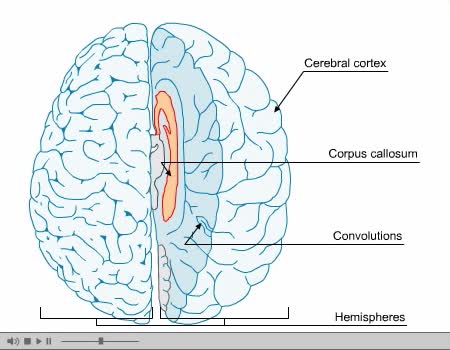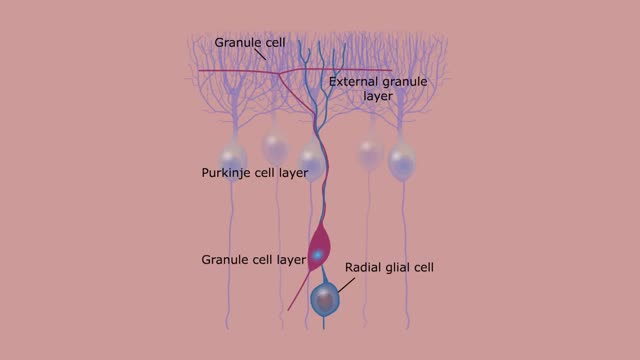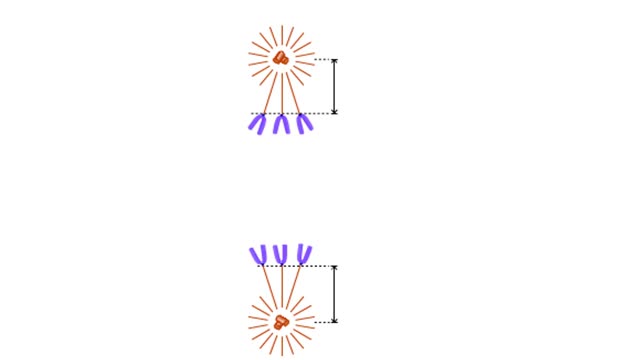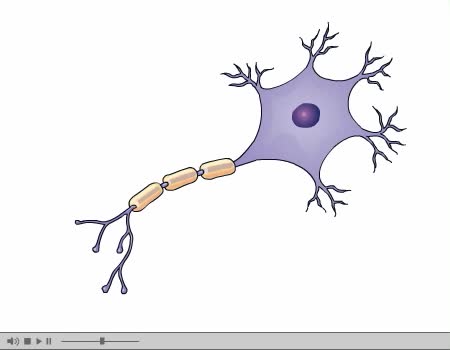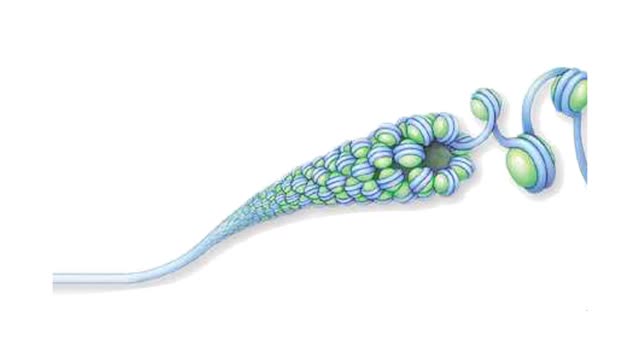Search Results
Results for: 'Transcription Introns and exons Animation'
By: Administrator, Views: 14210
Specific language areas of the brain. Many cortical (and non-cortical!) regions are involved in language processing. The primary language pathway begins in Wernicke’s area (posterior temporal lobe), which receives information from the auditory and visual cortices and assigns meaning (= lang...
By: Administrator, Views: 487
Respiratory system: nose pharynx larynx trachea bronchi lungs Respiratory system’s primary function: Furnish oxygen (O2) for use by individual tissue cells and take away their gaseous waste product, carbon dioxide (CO2), through act of respiration. External respiration Lungs are vent...
Functional zones in a mitochondrion
By: HWC, Views: 8908
A mitochondrion has a double membrane system. The outer membrane faces the cytoplasm. The inner membrane divides the organelles interior into two compartments. The enzymes that carry out the second stage reactions are in the semifluid matrix inside the inner compartment. Embedded in the ...
By: HWC, Views: 5613
The bulk of the plant body is comprised of ground tissue. Vascular tissue threads through the ground tissue. It distributes water, solutes, and organic substances through the plant body. Dermal tissue covers and protects the surfaces of the root and shoot systems.
By: Administrator, Views: 13922
The corpus callosum (Latin for "tough body"), also callosal commissure, is a wide, thick, nerve tract consisting of a flat bundle of commissural fibers, beneath the cerebral cortex in the brain. The corpus callosum is only found in placental mammals. It spans part of the longitudinal fissure, con...
Cavernous Sinus Larynx Middle Ear Orbit: Granulesm Animation
By: HWC, Views: 10333
The cavernous sinuses are located within the middle cranial fossa, on either side of the sella turcica of the sphenoid bone (which contains the pituitary gland). The cavernous sinuses, a rich plexuses of veins that surround the internal carotid arteries, lie lateral to the pituitary fossa. Ant...
Chromosome structural organization/ Mechanisms for chromosome movement Animation
By: HWC, Views: 7271
How the chromosome is organized. At metaphase, the chromosomes are duplicated and are at their most condensed. In each chromosome, two identical sister chromatids are held together at a constricted region called the centromere. When a chromosome is condensed, interactions among chromosomal ...
Nerve Impulse Transmission Animation
By: Administrator, Views: 14467
How nerves transmit impulses. Stimulation of a nerve occurs at a receptor. Sensory receptors Specialized to specific types of stimulation such as heat, cold, light, pressure, or pain. React by initiating a chemical change or impulse. All-or-none principle Means that no transmission occ...
Sister chromatids of a metaphase chromosome animation
By: HWC, Views: 9212
At metaphase, the chromosomes are duplicated and are at their most condensed. In each chromosome. two identical sister chromatids are held together at a constricted region called the centromere. When a chromosome is condensed, interactions among chromosomal proteins keep loops of DNA tightly ...
Advertisement



